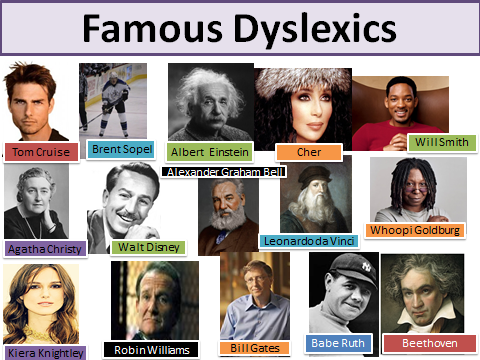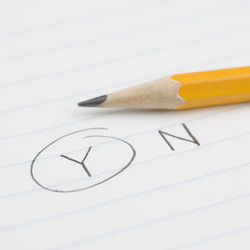Signs of Dyslexia
If a child has 3 or more of the warning signs below; you may want to learn more about dyslexia.
In Preschool, Kindergarten
- Delayed speech
- Mixing up the sounds and syllables in long words
- Chronic ear infections
- Severe reactions to childhood illnesses
- Constant confusion of left versus right
- Late establishing dominant hand
- Difficulty learning to tie shoes
- Trouble memorizing their address, phone number or the alphabet
- Can’t create words that rhyme
- A close relative with dyslexia
Elementary School Signs of Dyslexia
If a child has 3 or more of the following warning signs, that child’s parents and teachers may want to learn more about dyslexia.
- Dysgraphia (slow, non-automatic handwriting that is difficult to read)
- Letter or number reversals continuing past the end of first grade
- Extreme difficulty learning cursive
- Slow, choppy, inaccurate reading:
– guesses based on shape or context
– skips or misreads prepositions (at, to, of)
– ignores suffixes
– can’t sound out unknown words - Terrible spelling
- Often can’t remember sight words (they, were, does) or homonyms (their, there, they’re)
- Difficulty telling time with a clock with hands
- Trouble with math
– memorizing multiplication tables
– memorizing a sequence of steps
– directionality - When speaking, difficulty finding the correct word
– lots of “whatyamacallits” and “thingies”
– common sayings come out slightly twisted - Extremely messy bedroom, backpack and desk
- Dreads going to school
– complains of stomach aches or headaches
– may have nightmares about school - Giftedness in “right brain” area such as art, music, athletics, mechanical abilities, intuition, business/people skills, ability to think “outside the box,” problems solving, logic.
High School and Adult Signs of Dyslexia
In High School
All of the symptoms of Preschool and Elementary Age plus:
- Limited vocabulary
- Poor grades in many classes
- Difficulty reading music
- Extremely poor written expression:
– large discrepancy between verbal skills and written compositions - May drop out of high school
- Great difficulty learning a foreign language
In Adults
- Education history similar to younger ages, plus:
- Slow reader
- May have to read a page 2 or 3 times to understand it
- Terrible speller
- Difficulty putting thoughts onto paper
– dreads writing memos or letters - Still has difficulty with right versus left
- Often gets lost, even in a familiar city
- Sometimes confuses b and d, especially when tired or sick
Signs of Dyslexia check list courtesy of www.bartonreading.com
What is dyslexia?
Dyslexia is a specific learning disability caused by a disorder in cognitive (brain) processes. It is characterized by difficulties with accurate and/or fluent word recognition and by poor spelling and decoding abilities. Dyslexia can be seen in a range, from mild to severe, can co-exist with other disabilities, such as dysgraphia and ADD/ADHD. Dyslexia, will not go away on its own or be outgrown. However children, teens and adults with dyslexia can learn to read, given the proper intervention.
One in five Canadian students are effected, according to the International Dyslexic Association
- Often highly creative and intelligent
- Often the children of dyslexics
- Able to learn to read through a structured, multisensory approach that focuses on phonology
- A sign of poor intelligence
- A vision problem
- Curable with pills, diets, or medical treatment
How I can help:
-
Providing diagnostic reading assessments to inform you of your child’s strengths and needs in reading and writing.
-
1-to-1 private tutoring in reading and/or writing (in person and online)
-
Consultation for home schooling parents or other organizations
-
Presentations on a variety of topics related to reading, writing, or dyslexia.


